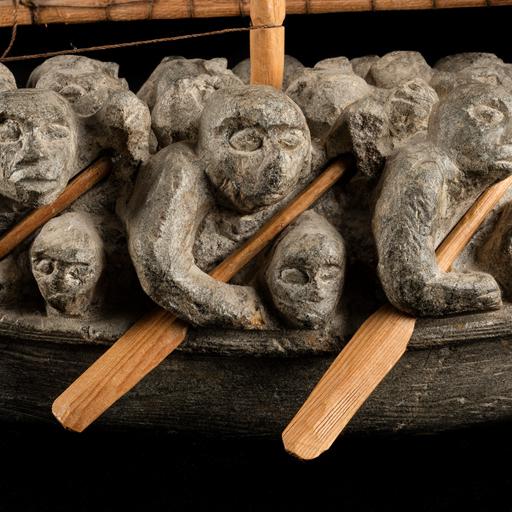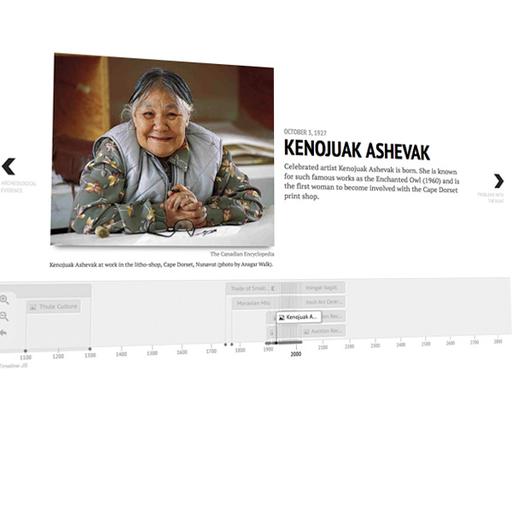Kanien'kehá:ka journalist and Métis artist ready to share their expertise with McGill University
CBC News | February 5, 2023
Categories: news
Greg Horn and Tiffany Shaw appointed as this year’s Indigenous writer and artist-in-residence
Ka’nhehsí:io Deer · CBC News · Posted: Feb 05, 2023 4:00 AM EST | Last Updated: February 5
Kanien'kehá:ka (Mohawk) journalist Greg Horn hopes to spread the importance of Indigenous people telling their own stories through a new opportunity at Montreal's McGill University.
Horn, who is from Kahnawà:ke, south of the city, was appointed as the university's writer-in-residence — one of two Indigenous residencies offered by McGill.
"For far too long, the narrative in the greater public has been controlled by non-Indigenous voices, and things are changing," said Horn.
Horn has been a journalist for 25 years and is the editor and publisher of the weekly newspaper Iorì:wase.
He said it's important for non-Indigenous people to get to know Indigenous people, stories and histories, especially if their only exposure is through problematic news coverage or history textbooks.
"It's important that people get that there's Indigenous people here and we're doing so many different things," said Horn.
Providing a platform
The writer-in-residence and artist-in-residence programs bring Indigenous writers and artists to campus to continue their work, and share their expertise with students and faculty. Both are funded by a grant from the Andrew W. Mellon Foundation.

Tiffany Shaw, a Métis architect, artist and curator based in Edmonton, is this year's artist-in-residence.
Terry Young, program manager of the Indigenous Studies and Community Engagement Initiative at McGill, said it is important to give Indigenous artists and writers the opportunity to showcase their work to not only the university population, but Montreal as a whole.
"We want to give them a platform," said Young.
Both Horn and Shaw will give public talks as a part of their appointments in the spring.
Shaw is currently working at Reimagine Architects. She has been the recipient of multiple public art commissions such as Edmonton's Indigenous Art Park and Winnipeg's Markham bus station. Because she is both an architect and artist, public art is the perfect intersection, she said.
One of her public art pieces is in Edmonton's Kinistinâw Park, and uses moccasin and mukluk patterns passed down from her great-grandmother.
"I've been re-utilizing those patterns as an extension of how our family continues to work," she said.
"My great-grandmother would tuft, bead, embroider or sew, and so now I'm like waterjet cutting, laser cutting, 3D printing the same pattern as a way to continue the relationship that we have to the land and to our own methodologies as Métis people."

Overall, Shaw hopes the residency will build connections between the Indigenous arts and architecture communities at McGill.
"I'm just looking forward to having a larger, more global conversation around the relationship, kinship and space that Indigenous people deserve and should continue to take up," she said.
This marks the third year of both residencies. Previous artists-in-residence have included Caroline Monnet and Dayna Danger, while previous writers included Leanne Betasamosake Simpson and Maya Cousineau-Mollen.


